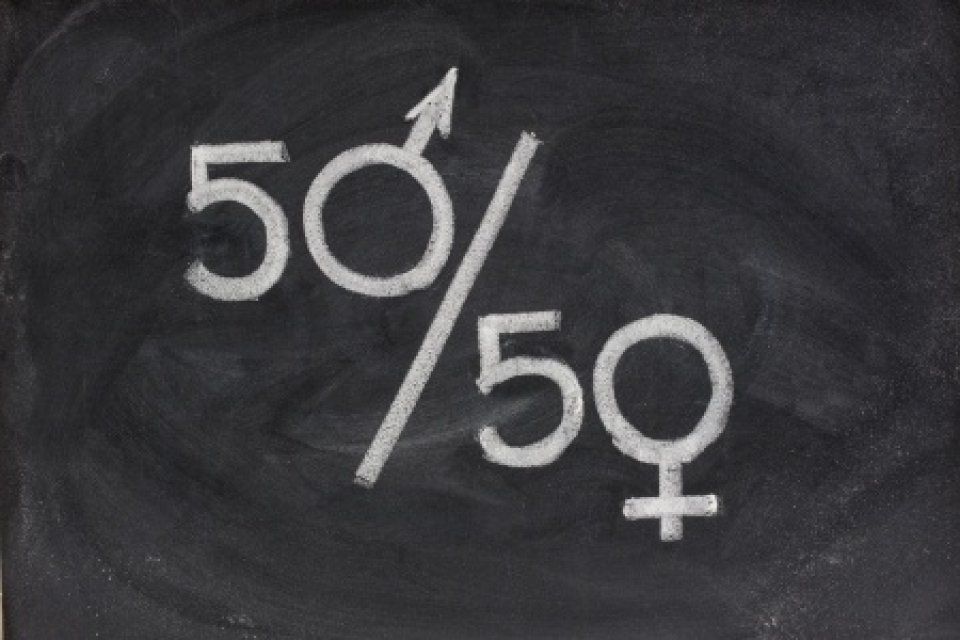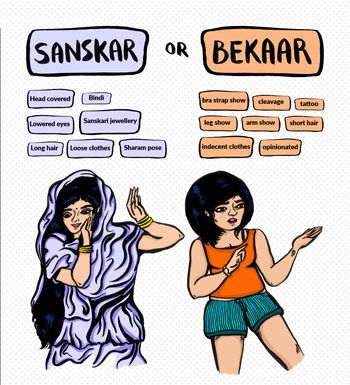Sanskari Nari
Jun 19, 2019 • 73 views

Do women always have to behave like a daily soap actress? Is it necessary for a woman to be submissive, domesticated, not having a say in any issue and act be someone who sacrifices her needs just to meet up with the demands of other people? Who has made these patriarchal notions, and why do all women have to follow them?
Feminism these days have gained a bad reputation. Most people take feminists to be as ‘man-haters’, not realising that men could be feminists too. We often get stuck in the semantics, although it does have the syllable ‘fem’, it certainly does not pertain only to women.
Google defines ‘feminism’ as a theory of political, economic and social equality of the sexes. It nowhere has a mention of one sex being superior to the other. The movement only advocates equality of rights for both the sexes, nothing more, nothing less. Spanning more 120years of history, the definition of feminism has changed deliberately. People have moulded it in whichever way they want to. One way of dealing with this ‘fake feminism’ could be breaking the stereotypes and giving an equal say to women in the patriarchal world.

As a matter of course, making a conversation about feminism tends people to become uncomfortable because it questions the deep-seated ideologies that have existed in society for centuries. Even under the glare of the cameras, the portrayal of women as a submissive and obedient tends to tag them as ‘sanskari’ women, whereas a modern, independent, free-thinking women as a sinful vamp. This has definitely stippled the minds of people. It has also shuddered the patriarchal notion that has surprisingly sustained in minds of people over these years. We are not born patriarchal, we are socialised into becoming one, and this starts even before we can make sense of our own existence. It starts from the very moment when the child is assigned a colour, blue if it’s a boy and pink if it’s a girl. From the moment when girls are handed with a kitchen-set and boys with a transformer.
This fight for feminism has started long back, with Mary Wollstonecraft’s work A Vindication of Rights of Woman in 1792. In which Wollstonecraft explores the oppression of women by men, and argues that a society can neither be virtuous nor moral while half of the population are being subjected by the other half.
Well, with such a diversified nation we still have a long way to go. But one can simply start by understanding that it shares no biases and that ‘feminism is for all’.
